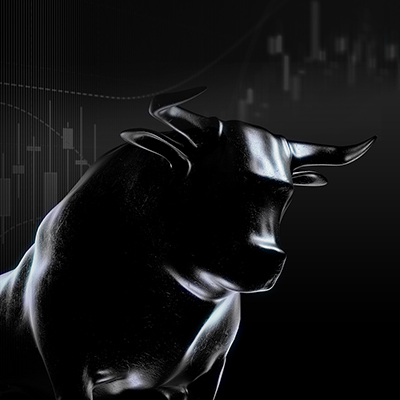FAQ Categorization
Yes, a small business can tokenize its assets or operations. This involves converting the value of physical or digital assets into digital tokens on a blockchain, which can be traded or used to raise capital. As long as an asset (physical, digital, or process) has intrinsic value and can legally be owned, it most likely can be tokenized
- Intrinsic Value: The asset must have intrinsic value, meaning it is worth something independently of its ability to be traded. This value can be derived from its physical characteristics, utility, or inherent qualities.
- Legal Ownership: The asset must be capable of legal ownership. This ensures that the rights and claims to the asset can be clearly defined and transferred. Legal ownership also means the asset can be subject to the necessary regulatory requirements.
- Tokenization Potential: When an asset meets the above conditions, it can be tokenized. Tokenization involves creating a digital representation of the asset on a blockchain, allowing it to be divided into smaller units (tokens) that can be traded or transferred easily.
However, it’s important to note that while tokenization is theoretically possible for many assets, practical considerations such as regulatory compliance, market demand, and technological capabilities also play a crucial role in determining whether tokenization is feasible and beneficial.
The tokenization process typically involves:
- Asset Valuation: Determining the value of the asset to be tokenized.
- Legal Compliance: Ensuring compliance with all relevant regulations.
- Smart Contract Development: Creating smart contracts that define the terms and conditions of the token.
- Token Issuance: Generating and distributing the tokens on a blockchain.
- Listing and Trading: Listing the tokens on a digital exchange where they can be traded.
The legal framework varies significantly. Some countries, like Switzerland and Singapore, have clear regulations for tokenization, while others are still developing their regulatory approaches. Businesses must understand and comply with local laws where they operate and where their investors reside.
United States
In the United States, tokenization is primarily governed by federal securities laws. The Securities and Exchange Commission (SEC) plays a crucial role in regulating security tokens. Key regulations include:
- Securities Classification: Tokens that qualify as securities must comply with existing securities laws, including the Securities Act of 1933 and the Securities Exchange Act of 1934.
- SEC Sandbox: The SEC has introduced a sandbox-like environment allowing broker-dealers to experiment with digital asset securities without facing immediate enforcement actions, provided they comply with specific conditions.
- Broker-Dealer Requirements: Broker-dealers must ensure proper possession and control of customer securities, which can be complex when dealing with digital assets.
- Reporting Requirements: The federal infrastructure bill mandates that brokers of digital assets report transactions to the IRS, expanding the definition of “broker” and affecting various market participants.
Canada
In Canada, the regulatory framework for tokenization is somewhat more fragmented due to the provincial and federal division of powers. Key points include:
- Securities Regulation: Similar to the U.S., tokens classified as securities must comply with provincial securities laws. The Canadian Securities Administrators (CSA) provides guidance on the application of securities laws to token offerings.
- Land Registration: For real estate tokenization, reconciliation with land registration systems is necessary. Each province has its own system, requiring compliance with specific local regulations.
- Compliance and Exemptions: Issuers must meet prospectus requirements or qualify for exemptions, such as the accredited investor exemption, similar to U.S. practices).








































